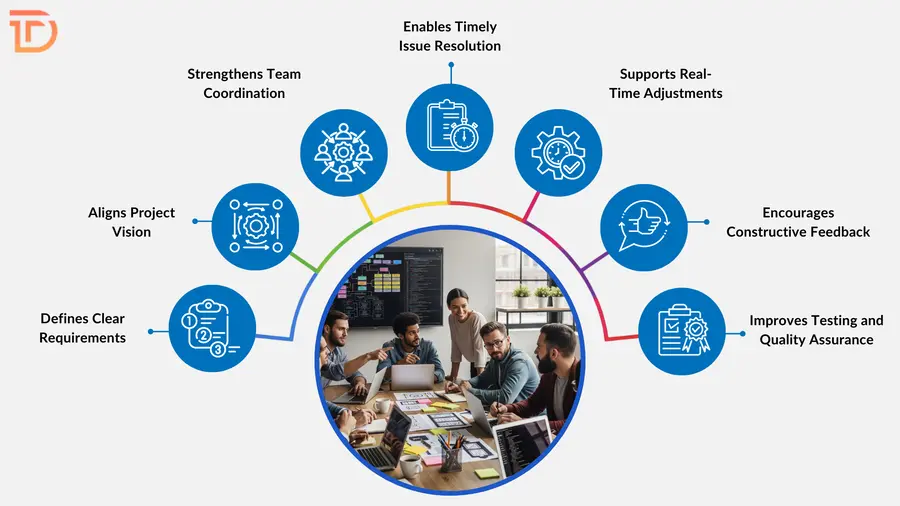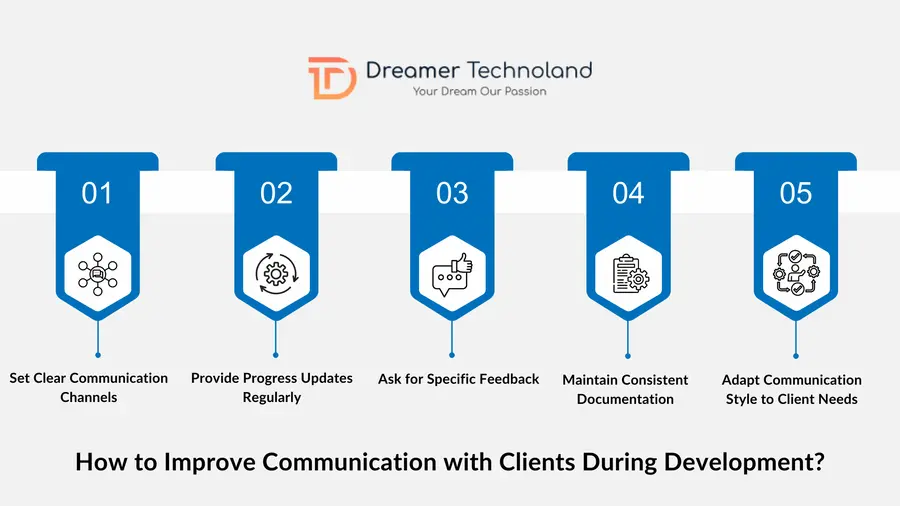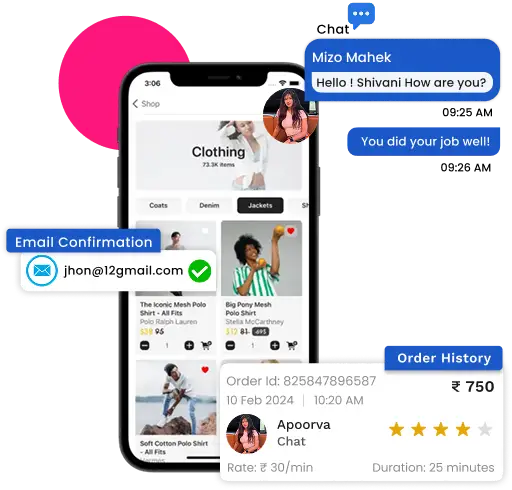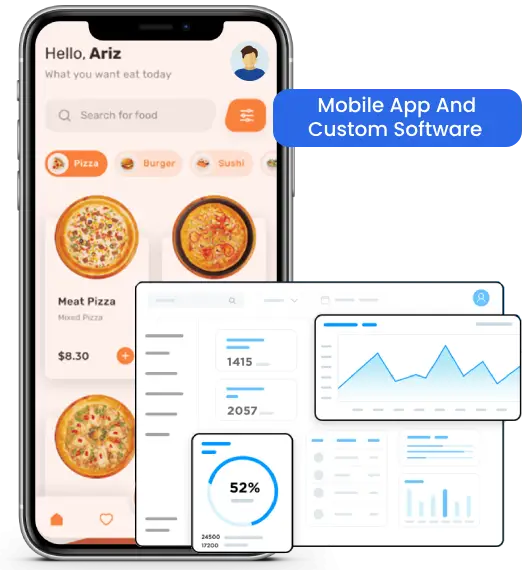Custom software development is a complex process that involves a wide range of decisions, technical implementations, and constant collaboration. One of the most influential factors that determines the success or failure of any custom software project is communication. The relationship between developers and clients thrives on clarity, mutual understanding, and consistent dialogue. Communication ensures alignment of vision, accurate requirement gathering, and smooth workflow from the planning phase to deployment. Software solutions that fail to address client expectations often do so because of unclear communication rather than technological limitations. Establishing open, structured, and ongoing interaction helps translate ideas into well-executed products that serve real business goals. In this blog, we will explore the importance of communication in software development, discuss why it matters, examine how it influences client satisfaction, and outline steps to improve it throughout the development process.
What is the Need for Effective Communication in Software Development?
A structured and proactive communication strategy minimizes errors, clarifies objectives, and improves productivity. Each stakeholder benefits from clear and timely interactions. The following points explain why effective communication is essential throughout software development:

Defines Clear Requirements
Precise communication captures detailed specifications, user expectations, and business needs. This avoids misinterpretation and ensures the final product meets the exact functional and technical requirements outlined from the start.
Aligns Project Vision
When developers and clients share a unified understanding of goals, priorities remain focused. Communication keeps everyone on the same page and reduces deviations from the intended direction during execution.
Strengthens Team Coordination
Effective communication fosters strong collaboration among developers, designers, and testers. Each team member understands their role, stays updated on progress, and contributes more efficiently to the shared goal.
Enables Timely Issue Resolution
Obstacles are addressed more quickly when information flows smoothly. Teams can detect bottlenecks early, seek solutions from relevant experts, and minimize delays without escalating complications.
Supports Real-Time Adjustments
Client expectations can shift as the project unfolds. Active dialogue allows developers to manage evolving requirements and incorporate changes in a controlled and documented manner.
Encourages Constructive Feedback
Open communication allows stakeholders to share insights that drive product improvements. This iterative feedback process boosts quality and ensures continuous alignment with business goals.
Improves Testing and Quality Assurance
Clearly outlined expectations to help QA teams develop relevant test cases. Smooth communication between development and testing ensures issues are identified early and resolved before deployment.
Why is Effective Communication with Clients Important?
Custom software is crafted to address specific client challenges and opportunities. Without continuous and meaningful communication, developers may miss the underlying context, leading to solutions that lack practical value. Regular updates help clients feel engaged and respected, giving them confidence that the project is progressing as expected. Communication also allows developers to explain technical complexities in an understandable way, helping clients make informed decisions. Misunderstandings and misaligned goals can disrupt timelines, inflate costs, and damage relationships. Developers who communicate clearly build trust and credibility, setting the stage for a long-term partnership beyond the current project.
Maintaining clear communication also demonstrates professionalism and accountability. It reflects a commitment to the client’s business, not just the code. Clients often rely on developers to interpret abstract ideas into digital solutions. Without thorough discussions, those ideas can lose meaning or take a different form. Continuous dialogue helps bridge the gap between business logic and technical execution.
How to Improve Communication with Clients During Development?
Establishing an efficient communication framework keeps clients engaged, reduces project risks, and enhances deliverable quality. Here are practical ways to enhance communication throughout development:

Set Clear Communication Channels
Choose structured communication tools and platforms from the beginning. Whether through scheduled video calls, written updates, or project management software, agreed methods ensure messages reach the right people consistently.
Provide Progress Updates Regularly
Share weekly or bi-weekly progress summaries with the client. These should highlight completed tasks, upcoming work, and any issues needing discussion, maintaining transparency and building confidence throughout the project.
Ask for Specific Feedback
Rather than waiting for general opinions, ask targeted questions about features, designs, or workflows. This encourages constructive dialogue and helps avoid vague responses that may not reflect actual user expectations.
Maintain Consistent Documentation
Every conversation, decision, and requirement should be recorded and accessible. Documentation provides a reliable reference during reviews and helps resolve any disputes about what was agreed upon earlier.
Adapt Communication Style to Client Needs
Not all clients are technically inclined. Adjust the tone, language, and format of discussions to match the client’s comfort level, ensuring they fully understand the implications of decisions and updates.
How Communication Impacts Client Satisfaction and Project Outcomes
The client experience is shaped not only by the software delivered but also by how the development process unfolds. Communication plays a pivotal role in shaping this experience. Transparent dialogue allows clients to trust the development team and feel secure about timelines, budgets, and outcomes. When developers respond promptly to questions or concerns, clients feel valued and involved. This fosters loyalty and often leads to repeat business.
Projects that emphasize communication are more likely to be completed on time, within scope, and with fewer revisions. Clients who receive regular updates remain more flexible, knowing exactly where their project stands. They are better equipped to provide meaningful input, suggest changes early, and adapt their own strategies to complement development progress. In contrast, poor communication creates anxiety, confusion, and dissatisfaction even when the final product meets technical specifications.
Moreover, well-communicated projects benefit from enhanced collaboration between all stakeholders. Everyone understands their roles, objectives, and deliverables. As a result, development runs more smoothly, with fewer disruptions and more efficient use of resources. When clients see consistent progress and feel their vision is being realized, their satisfaction naturally increases. That satisfaction extends beyond the finished product to the overall working relationship, often leading to ongoing partnerships.
The Bottom Line
Effective communication is not an optional soft skill, but a critical aspect when taking or providing custom software development services. It builds bridges between technical experts and business stakeholders, enabling smoother collaboration, clearer expectations, and better results. Every message, update, and feedback session contribute to a shared understanding that ultimately delivers value. Success in software development is rarely the result of technology alone. It is the product of collaboration, respect, and honest dialogue throughout the development phase and beyond.
Dreamer Technoland understands the importance of communication in custom mobile application development. We don’t just build software— we co-create success stories with our clients through clarity, commitment, and continuous interaction. Get in touch with our team today to explore how our custom software solutions can turn your vision into a fully functional digital product, shaped by transparent communication, genuine collaboration, and trust.







